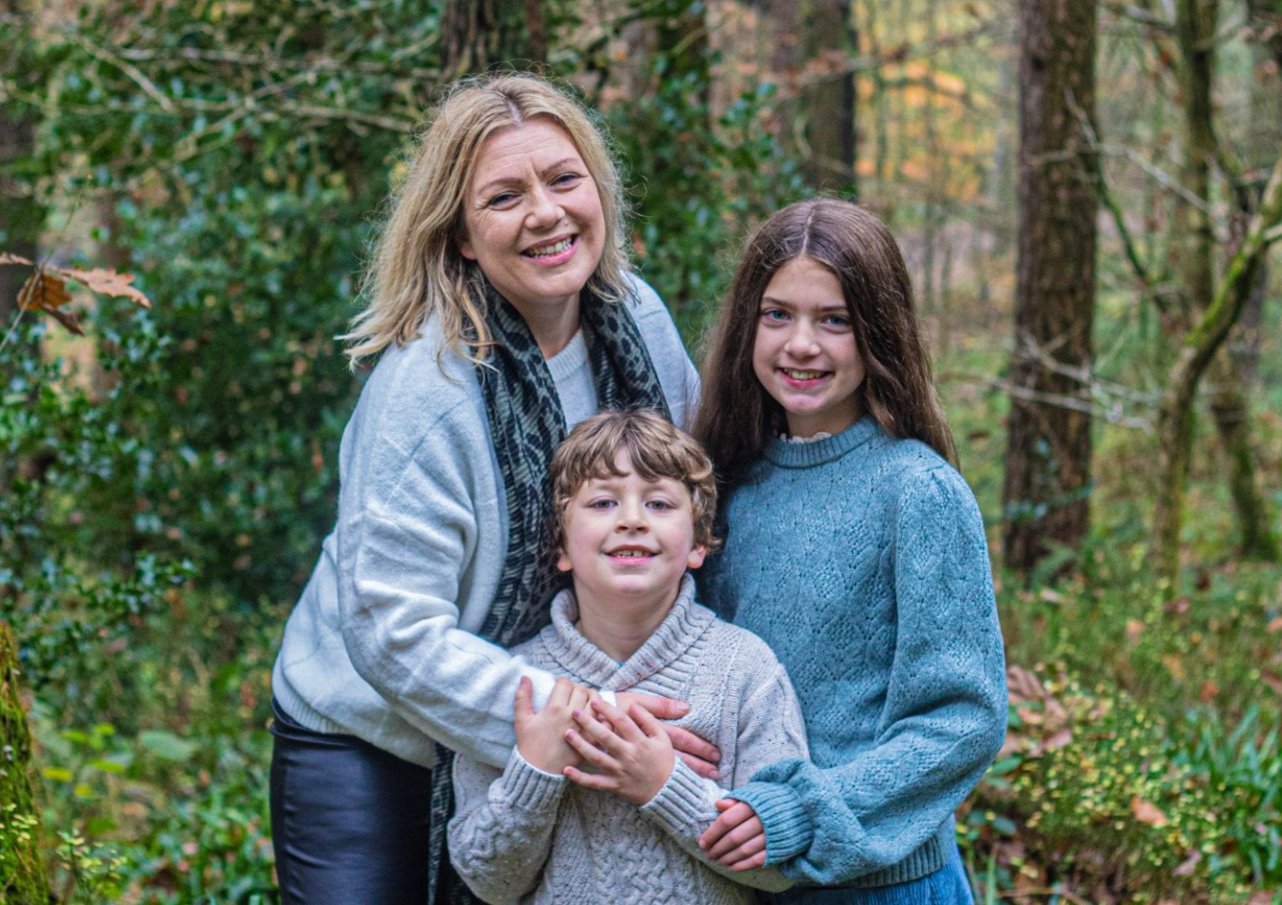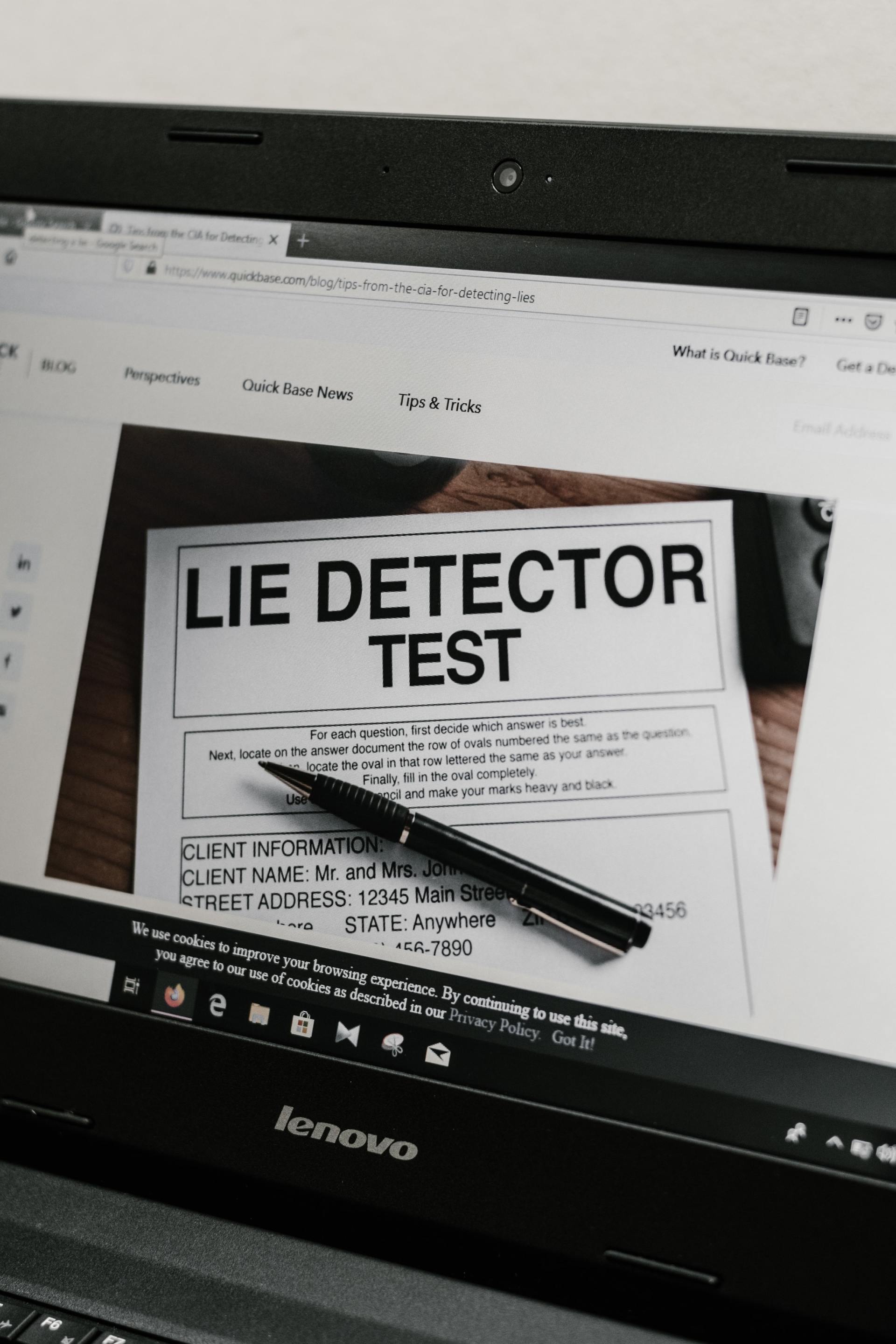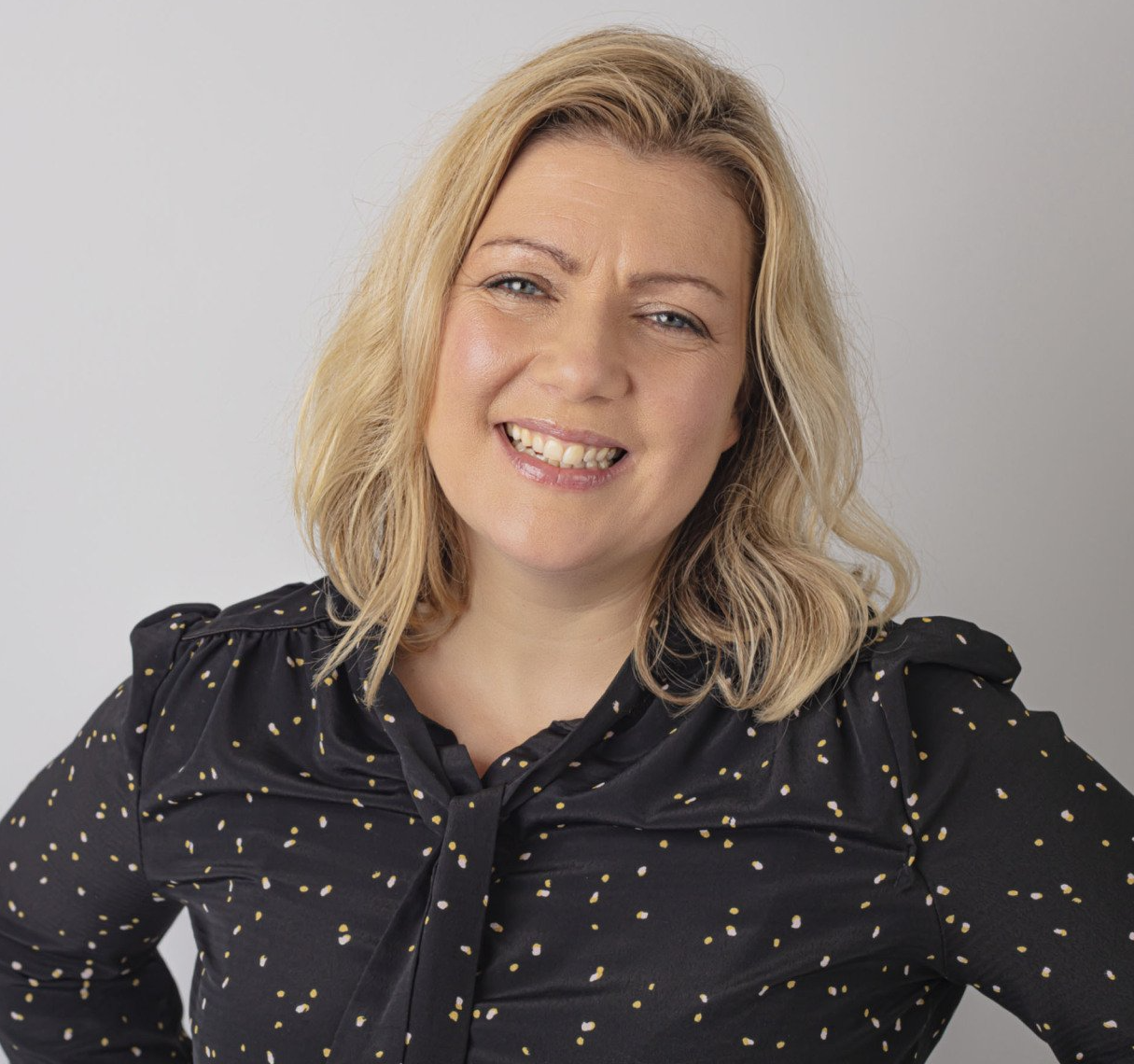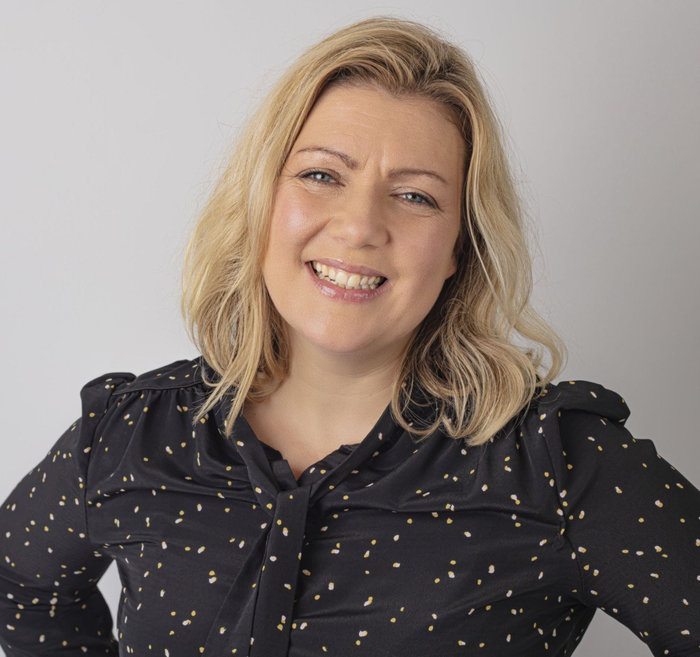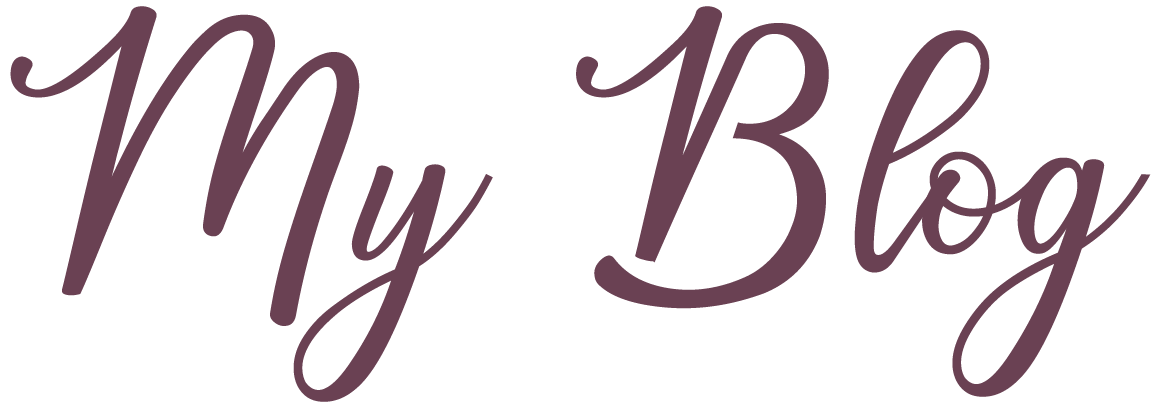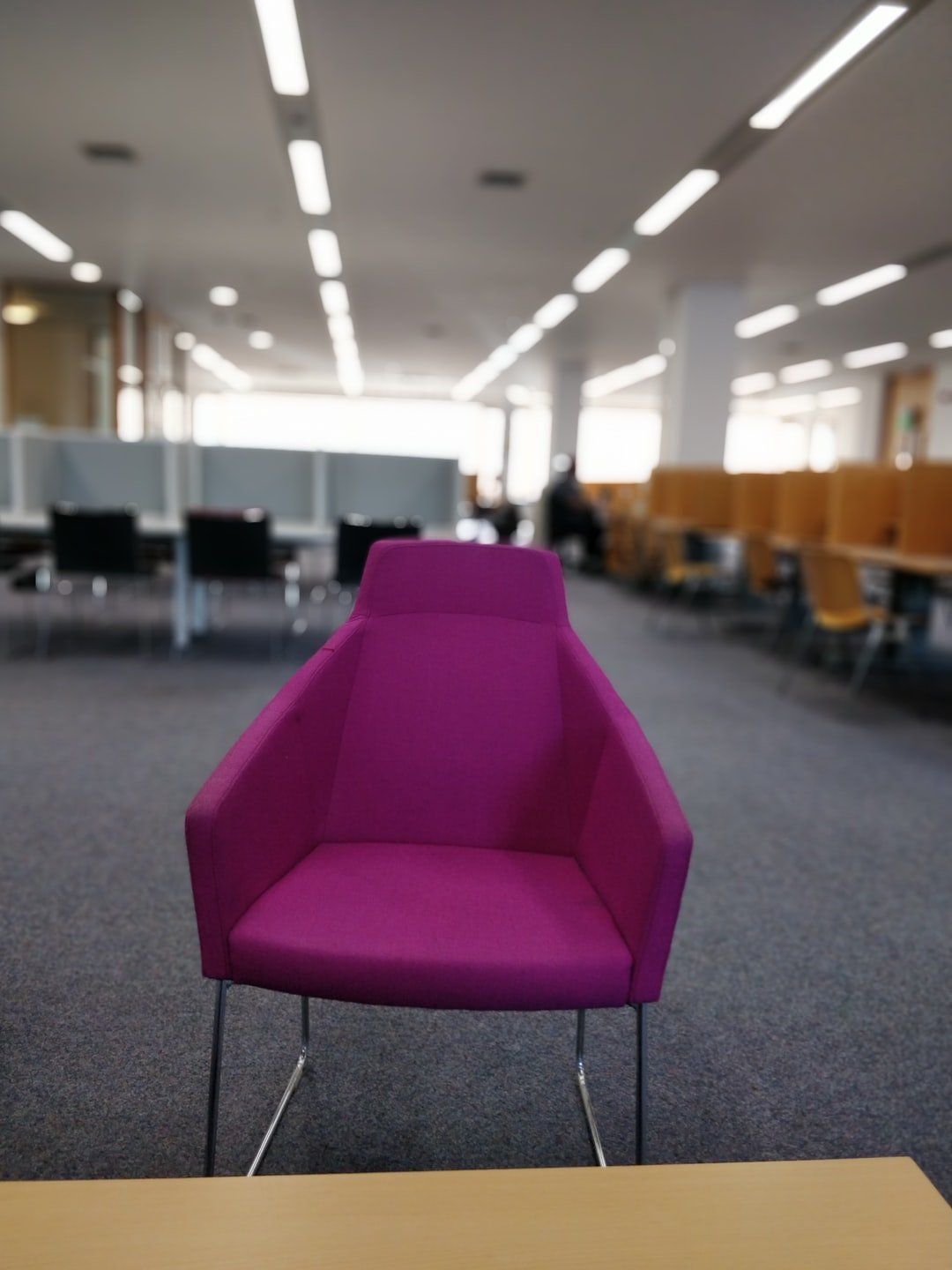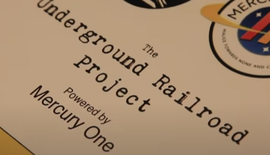Change your Language - Change your Life
Sounds like a BIG statement. It is. Some of you are desperate to create BIG changes, but you talk to yourself and about yourself in a way that reinforces the exact thing you want to change.
Listen... I have watched and listened to people doing this over and over again. People say they want CHANGE, but that change is going to come at a cost. Change = discomfort. You wouldn't be 'stuck' in your current pattern if you didn't gain something from that pattern. That sounds harsh when we apply it to certain circumstances, but it is always the case. People will meet their human needs - even if the cost is expensive! Change comes at a cost because you have to be brave enough to see yourself without judgment, see you for who you are currently being in the world and make some choices for your future you.
How does language come into this? It is simply an access point. Being more aware of how you speak and the language you use is a practical way to catch the way you are thinking about yourself and the world around you.
Using certain language has a certain impact on and reflects the way you view yourself and the world around you.
Let me just point out here that when we really see ourselves, the healing can really start. Because whilst we don't see ourselves we are looking to place blame on things outside of our control and we are not fully accepting ourselves or capable of self love unless we are willing to love ourselves with all the things we still want to work on. Seeing ourselves is never about self criticism or self judgement. One of the ways you can start to change your life is through getting clear on how you speak to yourself and making real changes.
The Quality of Your Life is Determined by the Quality of Your Emotions and the Quality of Your Emotions is Determined by the Quality of Your Thoughts
Tony Robbins
And guess what your thoughts are - mostly SELF TALK.
That's why changing your SELF TALK - or your LANGUAGE - Can in fact Change your Life. Because how you relate to yourself as who you are dictates every action you take and don't take. It affects every relationship you have and ultimately shapes your life.
" I help you see your self-talk, understand the impact and then help you expand your options. It is about giving you clarity, truth and choice."
Sarah J. Chapman
Breakthrough
If you feel that negative self talk is something that affects your life and you want change - get in touch, you have nothing to lose and everything to gain. Helping people is what I do.
A linguist relies on data rather than intuition. Talk is data. Discussing your area of concern with a trained linguist who is also a certified Master Practitioner NLP and Breakthrough Coach ensures that you get to the information you need quickly. My three step method creates the Breakthrough to getting you 'unstuck'. Once you've had the breakthrough, everything you need to move forward from there is already within your grasp. It will all become clear once you expose what is holding you back and keeping you 'stuck'. You can't know why you are stuck whilst you are stuck, you don't know what you don't know. Once the subconscious driver is exposed through the language patterns you use, it is something you can work through.
- I work with you to uncover your hopes, aspirations and look at what is working and what is missing. We get clear on what you really want.
- We gather information based on language and with that we can create a fuller picture. The fuller picture allows you to see the blind spots. We get you to the information you need as quickly as possible to get you clear on what is reality, as opposed to what previously felt like reality.
- We get clear on your actual options and you get to create an Action Plan with newfound empowered FREEDOM and self belief.
I offer a full money back guarantee if a breakthrough is not obtained within the first three hours of coaching (this does not include your discovery session) and you are unsatisfied with your progress. *In order for the money back guarantee to stand we have to have established clarity on the exact nature of the challenge and what you are aware of about and around that challenge at the point of our first meeting. Once this clarity is established any new information gained which allows you to question the truth of held beliefs previously unseen will be classed as a breakthrough as the new information provides empowerment as it creates clarity on what is reality as opposed to what is experienced as reality.
Personal Growth
- We will work out what works in your life and what doesn't
- We will get clear on what is missing for you .
- We will get really clear on the stories and strategies that keep you 'stuck'
- And then - we clear the roadblocks out of the way!
Business Growth
- Optimise productivity through training with a twist that creates data on the best possible employee communication collaborations
- Liven your business literature with a linguist
- Ensure your documents deliver the intended impact
